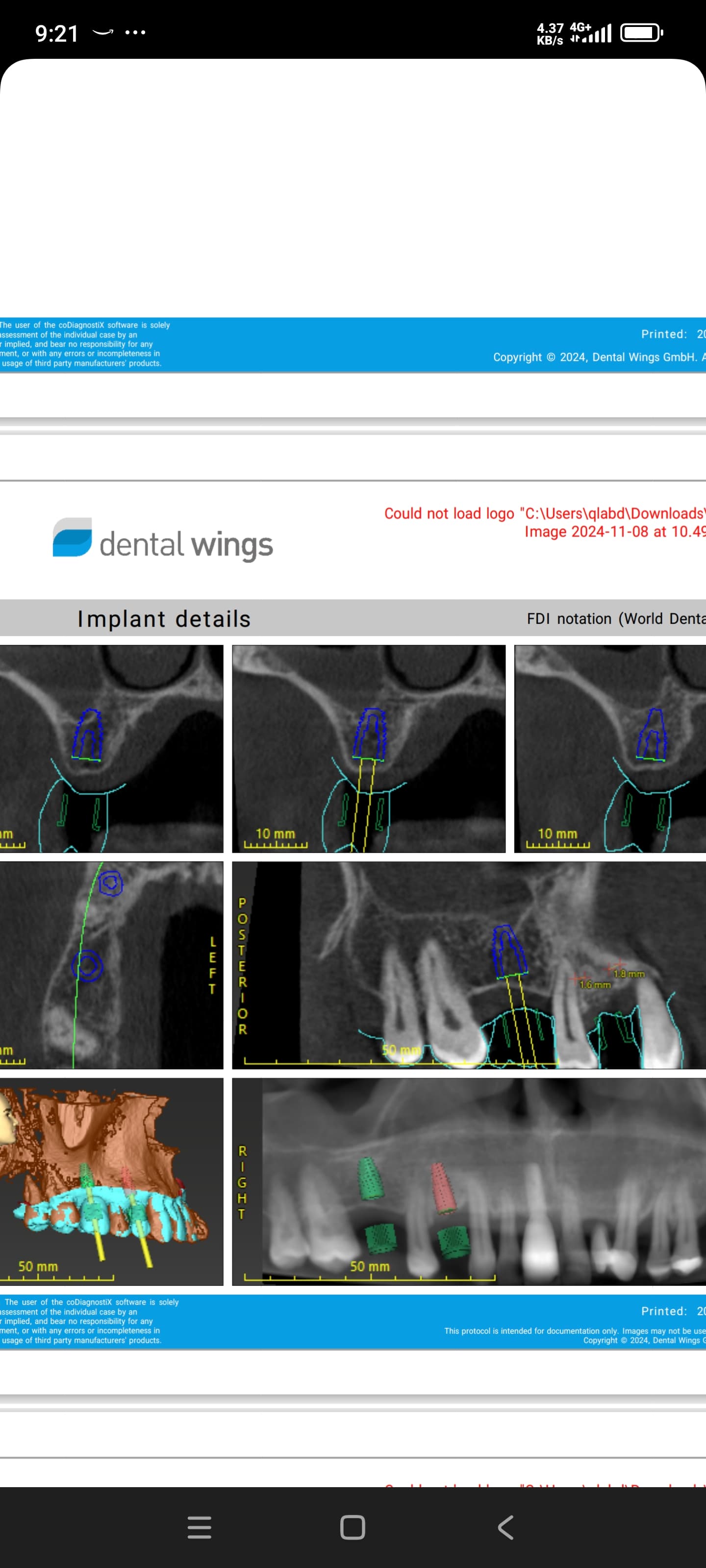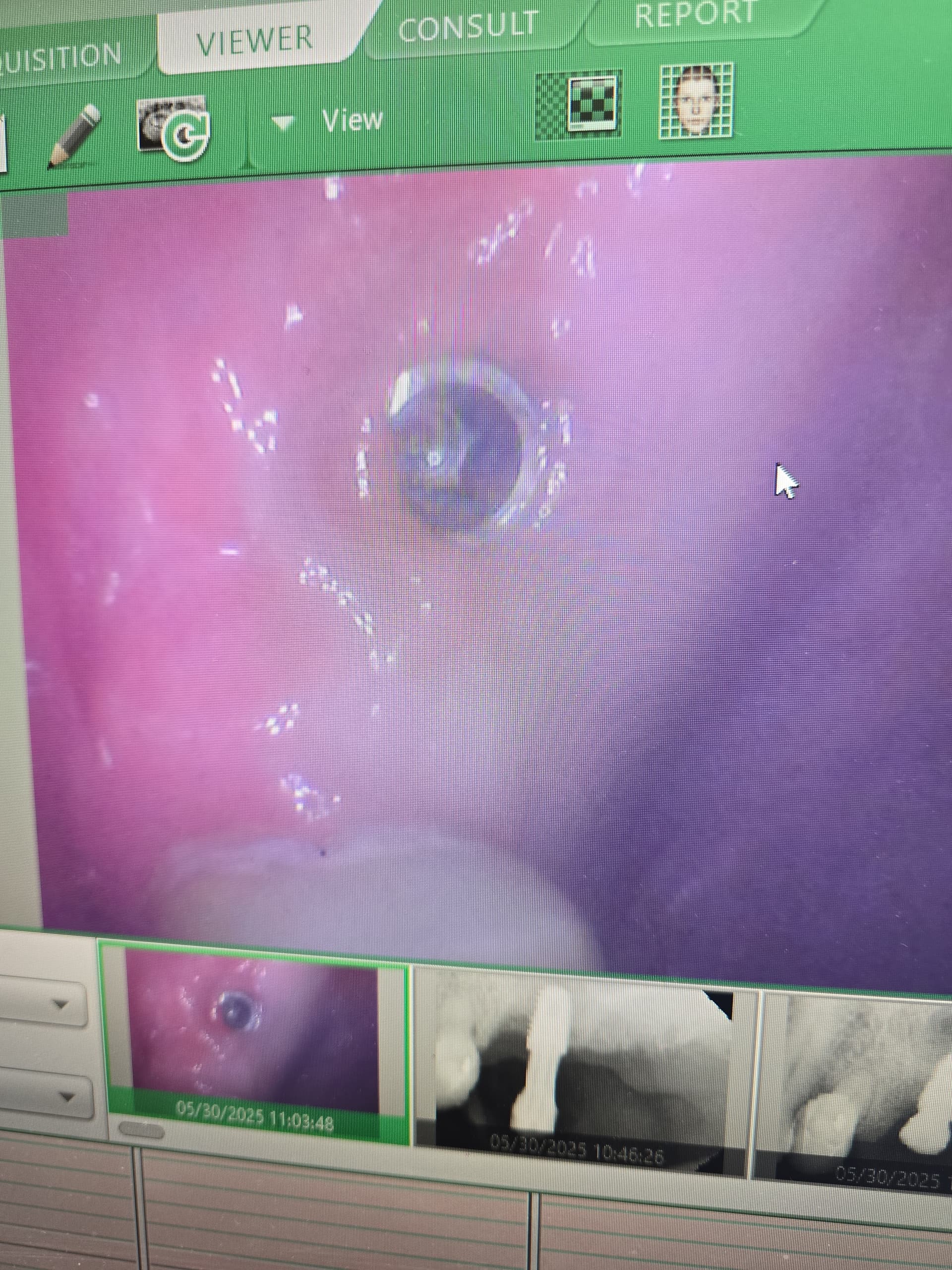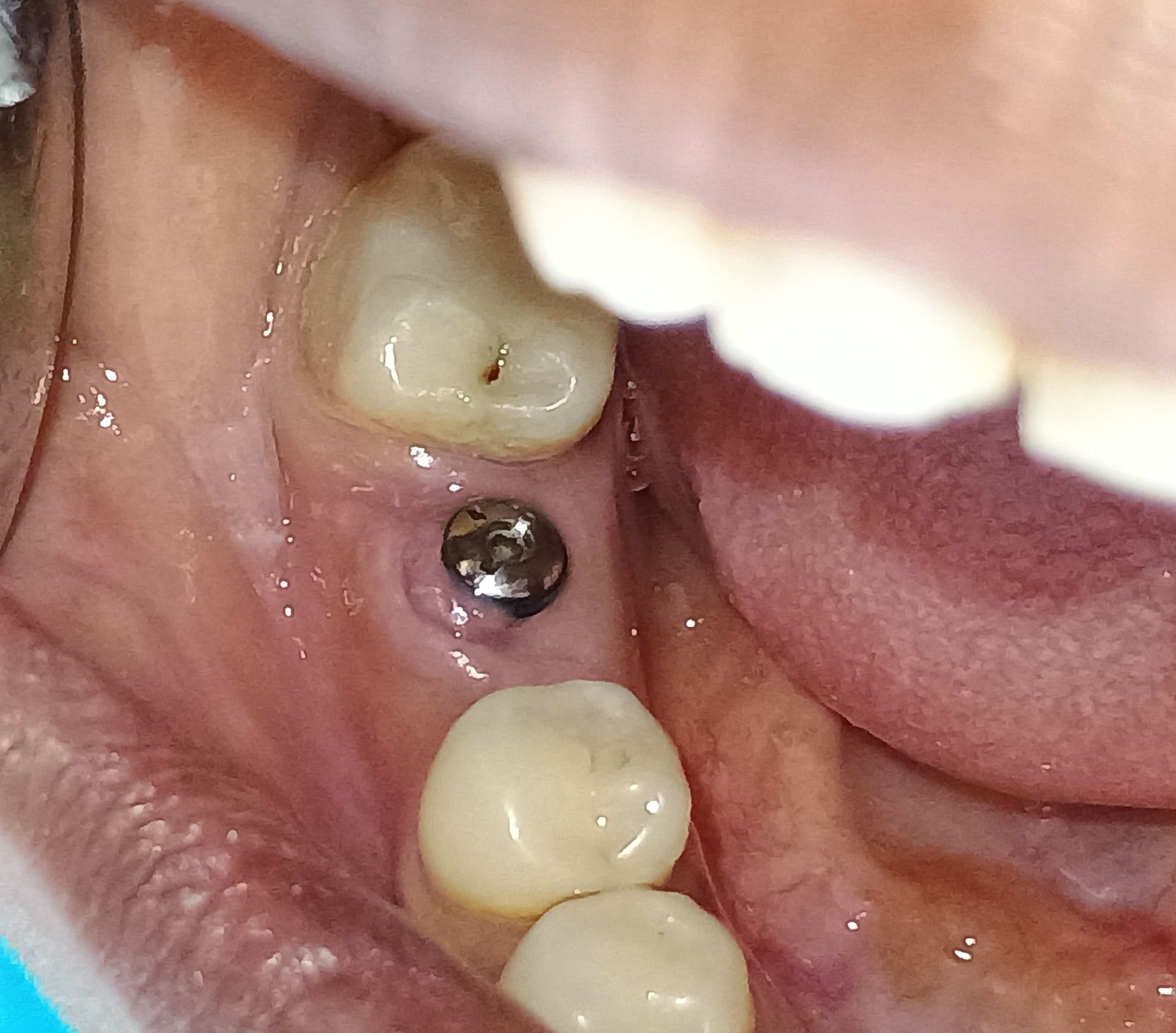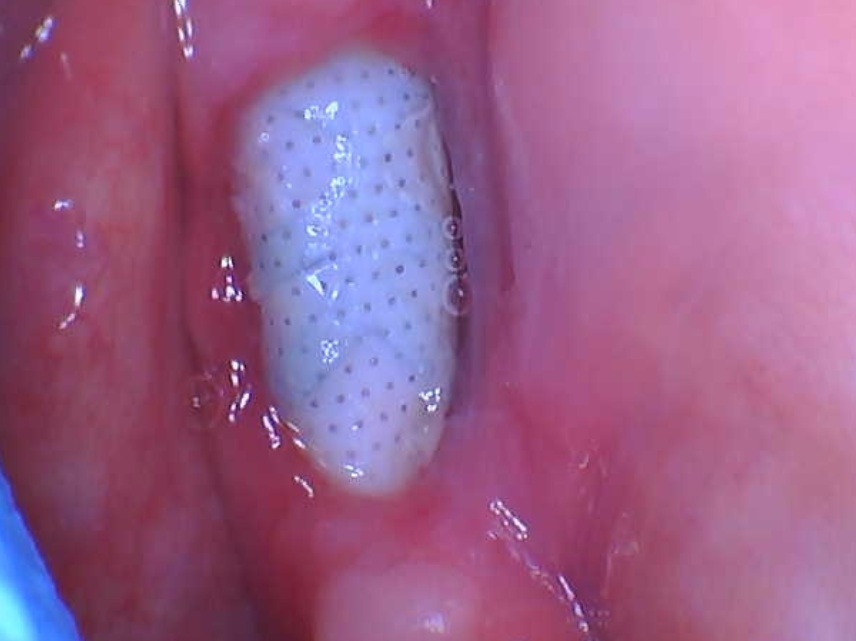Aseptic technique for dental implants: any literature?
I read a great discussion on OsseoNews on the need for aseptic technique for dental implants, entitled, Implant Surgery: Do I Completely Cover or Drape the Patient?, but that post was old and the comments are now closed.
I am wondering if anyone can refer me to studies that have shown aseptic technique is necessary for dental implant cases?
I was trained in a hospital setting where everything was done under aseptic technique. But now that I am in private practice I am wondering if this is really necessary. I want to minimize the risk as much as possible, but I don’t want to be wasting time and materials when there is no statistically significant difference. Thoughts?
Thank you.
23 Comments on Aseptic technique for dental implants: any literature?
New comments are currently closed for this post.
Howard Abrahams
10/17/2018
See Tarnow and Scharf's article regarding Sterile Versus "Clean" technique.
David
10/17/2018
It was actually Scharf and Tranow.
Howard Abrahams
10/17/2018
funny
jwnicholsdds
10/17/2018
You are the man! Thank you so much. This is exactly what I was looking for. Yay!
Here's the link: https://onlinelibrary.wiley.com/doi/10.1902/jop.1993.64.10.954
andrew
10/17/2018
I have only placed implants under "clean" but not "sterile" environments. My experience reflects the success rates of the above mentioned study.
Get a clue
10/17/2018
This is why everyone should have actual operating room experience. Know thy surgical wound classifications. Oral is clean contaminated at best so sterility is impossible.
http://woundcareadvisor.com/wp-content/uploads/2014/01/Quality_J-F14.pdf
Dr Dale Gerke, BDS, BScDe
10/17/2018
While I understand your reasons for the question, the issue is more about duty of care rather than statistical significance. It is also a question of surgical standards – what are you morally willing to accept.
In regards to the first point, you have a professional duty of care to carry out proper and ethical standards of dentistry to the best of your ability. Enough said.
In regards to standards, the question to ask is: “What would I want done to me, my spouse (in a happy marriage), my spouse (in an unhappy marriage – ie the answer might be the reverse of the previous one), my children, my best friends and family?â€
Placing an implant is an elective surgical technique. Medico-legally you have to be able to defend your position. Emergency surgery can be done successfully in “clean†or unclean conditions (as opposed to “sterileâ€) – eg war or trauma situations. But does this mean you can justify not doing sterile surgery if the procedure is elective and done in a clinic or hospital situation?
In your situation, time and cost can be passed onto the patient. You simply increase your cost to cover the necessary. The patient can always be asked: “Would you rather I put in your implant the best possible way with sterile conditions, or would you rather me charge you 10% less and take a few short cuts? Statistically the results are the same – but if you want the last option then please sign a waiver that you will not hold me responsible if there is an infection problem?â€
Lastly is your moral position. Do you want to be in the position of asking yourself (not just in regards to implants, but rather anything your do in regards to dental procedures): “What if I had done it this way – would I have avoided that problem that occurred, could I have done it better?†Dentistry is a lonely profession – at the end of the day, everything you do is up to you and is your personal responsibility. You have to set your own standard of care that you provide. I can assure you (after over 40 years in the profession) that providing the best care you can do is very rewarding. I am not convinced that the same sense of satisfaction and pride is gained if you are not doing what you know should be done. As you will eventually find out; you will end up with the type of practice you deserve (ie high quality or low quality).
DaSalomon
10/17/2018
Great answer, applicable to all fields of Dentistry. I Agree 100% with you.
LSDDDS
10/18/2018
Say not what you would do for your wife but with your mistress
When I took the surgical perio course at UMD they used aseptic protocol
Perhaps the structure enhances attention to detail and performance aside from sterility.
But good technique obviously a given.
Prof dr sumati phulphagar
10/18/2018
Yes !taking utmost care is always top priority it pays tremendously! In all respects , and makes u feel happy
Drew
6/28/2019
With this same line of reasoning I should use ABX on all endo cases pre/post op. , ABX on all my "heart and joint" patients that clearly no longer need it.... etc etc the list of comparisons is infinite.
The science tells us one thing, lets rest assured that it's true instead of substituting our own reality.
Vipul Shukla
10/17/2018
Acceptable aseptic oral surgical technique is not difficult or overly expensive to achieve in a private practice setting. Sterile pre-packaged surgical gloves, autoclaved and bagged/packaged surgical instruments, single use saline bag and irrigation syringe, Chlorhexidene mouthwash, Betadine skin wipe, disposable gown and masks is the accepted standard of care even for a simple extraction. Why then would you wish to take a risk with an expensive procedure like implant placement when the procedure brings you far better revenue and the Wow! factor as well?
Also, a procedure done in an aseptic setting with gentle surgical technique means patients have little to no post-operative discomfort and pain and tell their friends and neighbors how well it went for them. Heck, they may even give you a 5-star online review!
Now that is worth something, is it not?
Dok
10/17/2018
Yep it is, even if it isn't. Just ask your lawyer.
Sean
10/17/2018
I’m not telling anyone what to do or not do but I believe the reason behind the aseptic surgical protocol was because Dr. Brånemark was an orthopedic surgeon and the early cases were performed in this setting. Furthermore, you are placing this “sterile†implant in a human mouth. Human....mouth....
Bülent Zeytinoğlu
10/18/2018
Strict surgical protocol is a must in any kind of oral surgery not only in implant instalation.And as Dear collagues mentioned before it is not expensive and it will prevent any postop complication ofcourse if the precedure is done properly.
David Sabourin dds
10/18/2018
During my hospital residency all procedures done in the mouth and in the sterile environment of the operating theatre were listed as "clean contaminated". Even though the treatment was done in a sterile environment we can never sterilize the mouth. This is much different than opening up into other areas of the body. Practice aseptic technique but always remember the mouth can only be disinfected. All Dental procedures inside the oral cavity are clean contaminated.
Sean
10/18/2018
"Clean Contamintated"
That is an excellent description and it really captures what we are working with.
DoctorZ
10/19/2018
Thank you Sean and David for restoring my faith in dentistry. Anyone who claims they are practicing “aseptic†technique in the mouth clearly has no understanding of the biology of the oral cavity.
Robert J. Miller
10/19/2018
Two of the most important things you can do pre-operatively to reduce potential contamination and infection in a surgical site are:
1. Pre-op prophylaxis within a week of the surgical appointment
2. One minute chlorhexidine rinse immediately pre-op
Do NOT rely solely on antibiotics post-operatively, especially with increasing antibiotic resistance. And do not start antibiotics several days prior to surgery.
DoctorZ
10/19/2018
Pre op antibiotics for a week before implant placement? You sir are the REASON for increasing antibiotic resistance...
Sean
10/19/2018
Dr. Z, I think he said pre-op prophy not prophylactic antibiotics. I read it the same way the first time also.
DoctorZ
10/19/2018
I suppose I don’t understand what he means by “within a weekâ€
GregKammeyer, DDS, MS, DA
10/22/2018
I agree with dr Shukla.














